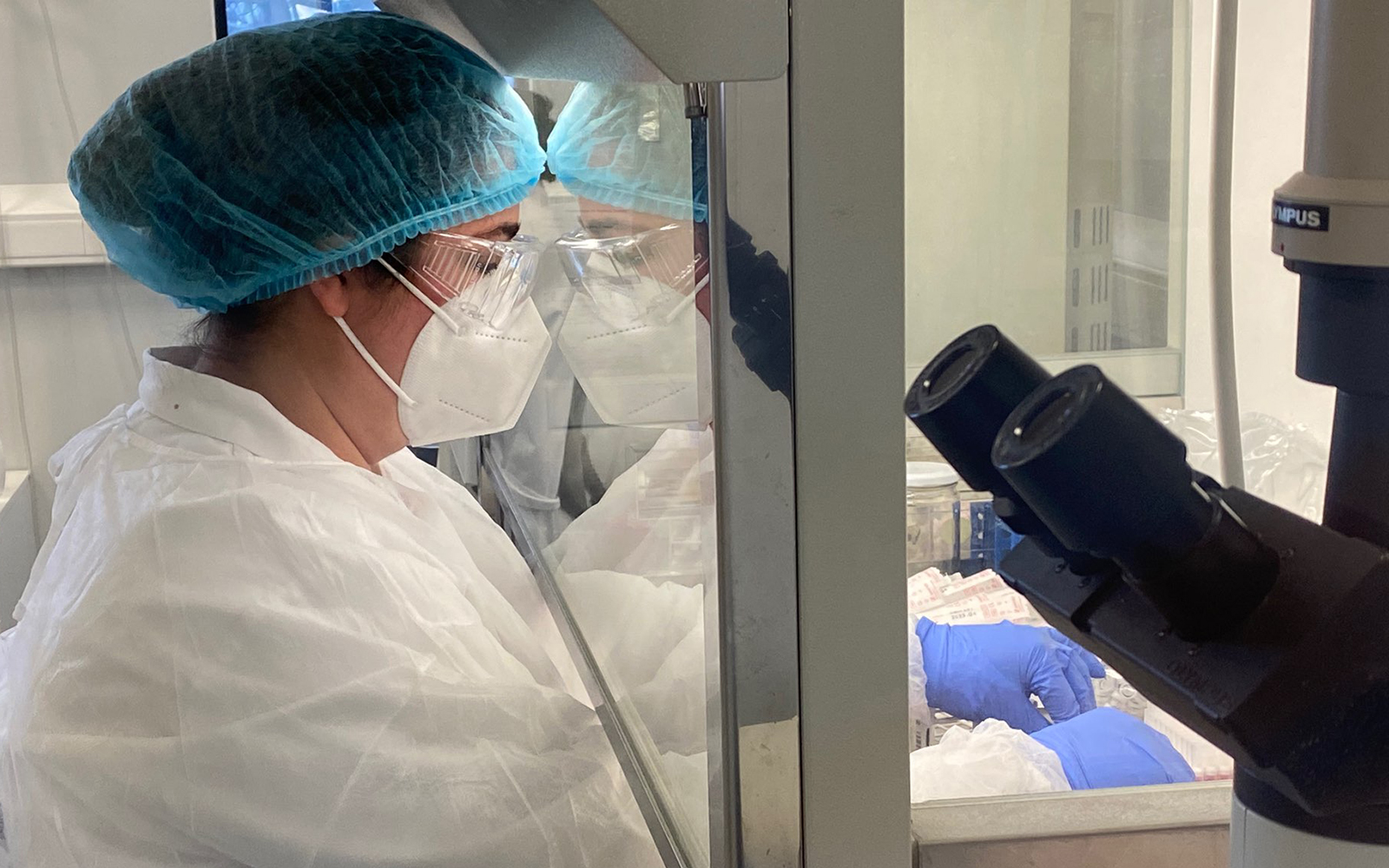COVID-19 Vaccine response screenings in nursing homes

Of the 260 elderly over 70 who have been followed up since the first vaccination against SARS-CoV-2, 63% reveal the presence of detectable antibodies 6 months after vaccination. The trend towards a decrease in antibodies started to be noticed 3 months after the second dose, in about 15% of the participants. On the other hand, of the 160 staff members monitored in the five nursing homes, representing a younger population, 98.1% continue to present antibodies. The data obtained after 6 months, referring to the Pfizer/BioNTech vaccine, confirm that, similarly to what happens with other vaccines, the decrease in antibodies generated by vaccination is faster in the older population.
Conducting screenings is an essential tool to monitor the evolution of the vaccine response and obtain data to support decisions on revaccination and vaccines to be used. The study in the elderly is particularly critical because it is a more fragile population with a higher risk of contracting the disease.
In the first phase of the screening, carried out by the IGC, the effectiveness of the vaccine was measured in inducing the immune response, and the levels of antibodies were analysed before the first dose, three weeks later, at the time of the second dose of the vaccine and three weeks after taking the second dose. At this stage it was observed that, after the second dose, the vast majority of nursing home residents (94%) responded to the vaccine by producing high levels of antibodies. However, about 5% do not had a detectable response.
In the second phase, the persistence of the response was evaluated by collecting several samples over time. At the last sample collection, about 6 months after the start of the vaccination, 63% of residents still have detectable antibodies. These data indicate that it is important to continue to monitor the evolution of the decrease of antibodies over time, particularly in this age group. For Carlos Penha-Gonçalves, researcher and coordinator of the screenings at the IGC, the data obtained are expected because “we had already observed that the onset of the immune response to vaccination was slower in this population, with only 33% of nursing home residents manifesting the presence of antibodies after taking the first dose of the vaccine while 84% of staff members responded positively”. For the researcher, the “decrease in the levels of vaccine antibodies over time is natural and to be expected and does not mean the absence of protection against infection”. Although monitoring this response may yield new data, it is expected that people who had an antibody response shortly after vaccination will have developed an immunological memory that will allow them to fight infection in subsequent contacts with the virus – this is the principle of vaccination. However, and as long as the virus circulates in the population, as is currently the case, it is essential to maintain individual protection care even after the vaccination process and over time.
Serological screenings are being carried out in nursing homes in the municipality of Almeirim and in nursing homes of the Armed Forces Social Services over a year, integrating a program to assess the effectiveness of the Covid-19 vaccines response that the Instituto Gulbenkian de Ciência has been promoting since the beginning of the vaccination in Portugal, in December 2020. The screening program covers health professionals, education professionals and people with specific diseases to whom different vaccines were administered in a total of 2,844 people. INFOVAC studies are coordinated by Carlos Penha Gonçalves and Jocelyne Demengeot laboratories.
